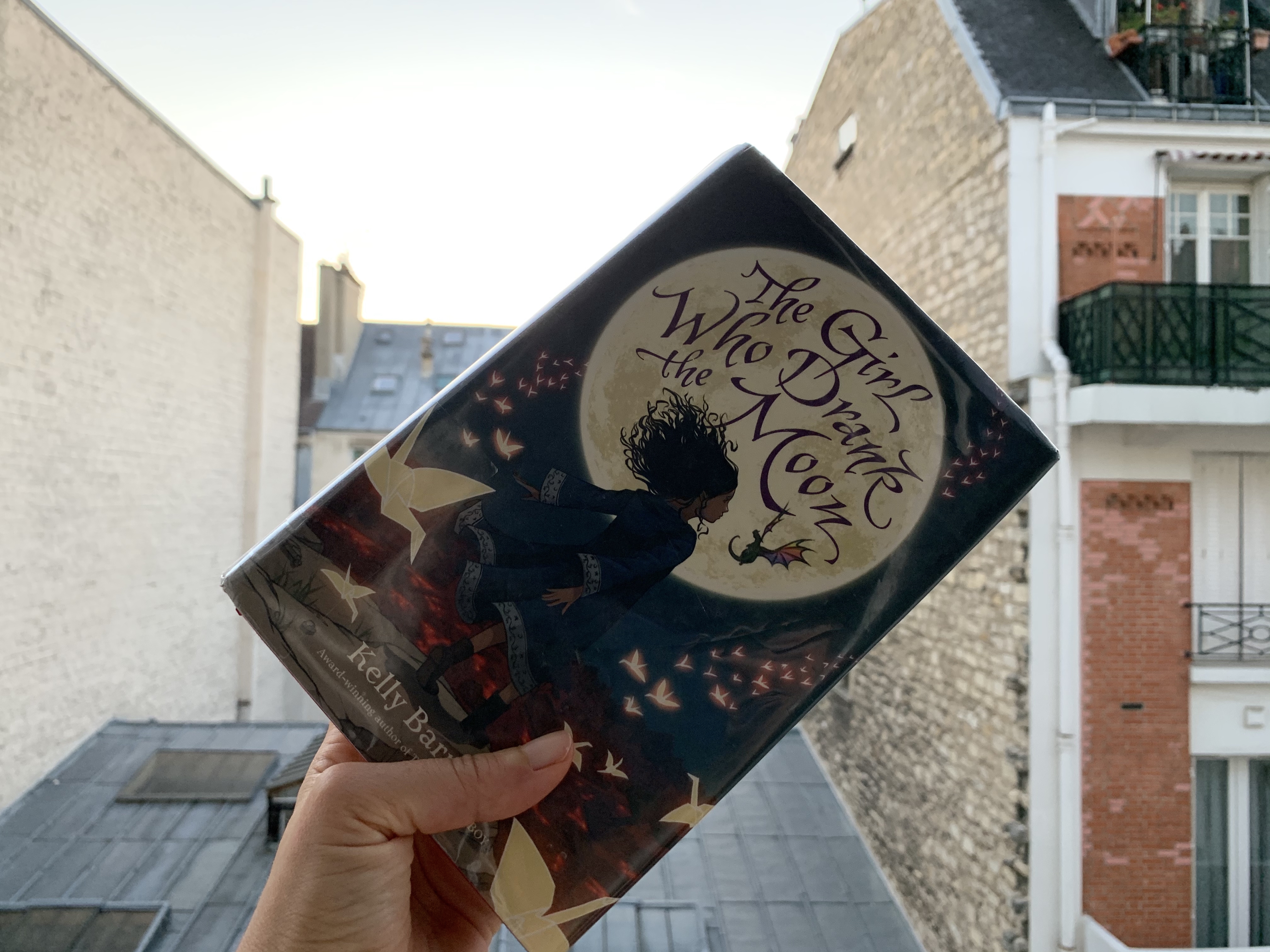I have a fraught relationship, with high fantasy. In some instances, I love it. In others, I worry that the human emotions get lost in the adventure; that my ability to find common ground with characters from a land so far-fetched, so different, will be lost. This was not the case in The Girl Who Drank the Moon.
This book is technically a middle grade book, but it had a depth and a profundity across its diverse cast of characters, making me think of works that can truly be read – and enjoyed – by all ages. Things from the past, like Anne of Green Gables or Dicey’s Song. This is a book about a young witch who doesn’t know she is a witch, about a town plagued by sorrow, about a host of imperfect people trying to do good and one Big Bad against whom they can all unite.
Its themes err on the side of simplicity, as well they should, considering the targeted demographic. But the richness of observation of the young protagonist, the chorus of minds into which the omniscient narrator can jump, and, above all, the insistence on the fact that it is all right – even necessary – to feel sorrow, resonated with me, a 33-year-old reader, just as much (if not more so) as it would on a child. And for that, I cannot deem this book anything but a success.
